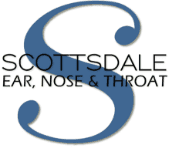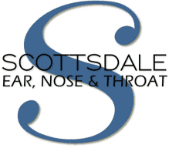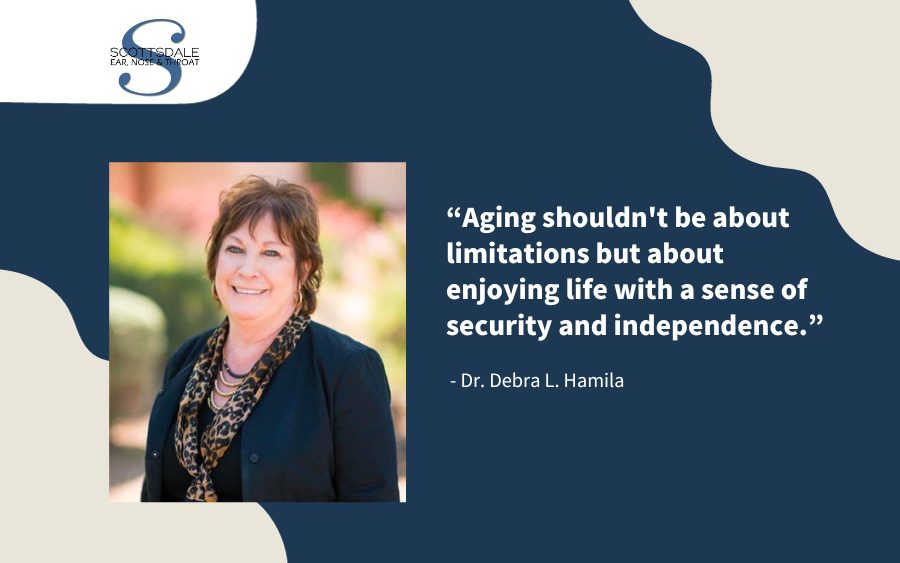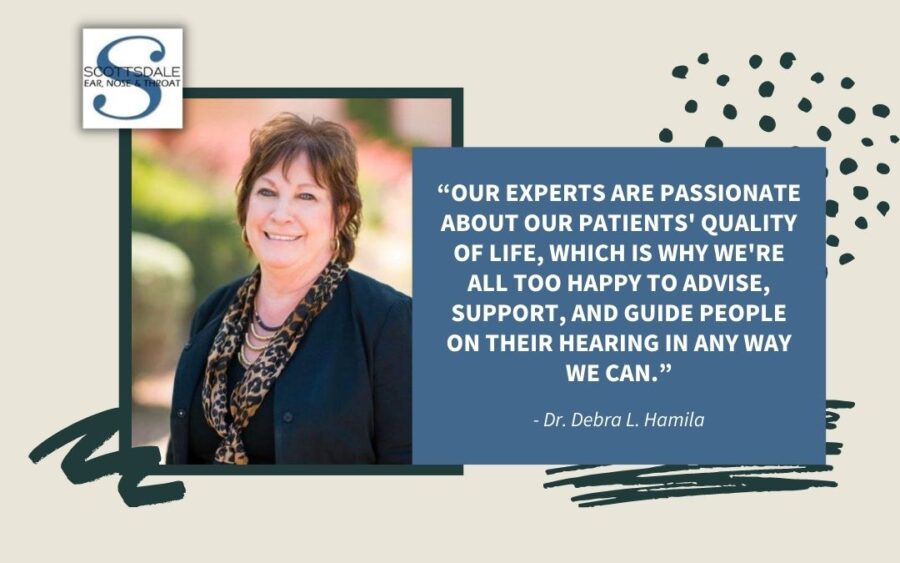It’s a silent concern that grows louder as we age—the fear of losing our balance.
For the aged population, falls aren’t just about slipping. They are a major health concern and, alarmingly, one of the leading causes of death.
In addition to their physical repercussions, disorders like vertigo and dizziness can carry an emotional weight, making individuals anxious about basic tasks like standing up at night or navigating stairs.
The unsettling truth? Many aren’t armed with adequate knowledge about the causes and preventive measures to combat these balance challenges. This article aims to be your comprehensive guide to understanding and managing fall risks.
Understanding the Underlying Factors
A recent study, published in the Journal of the American Academy of Audiology, highlighted the crucial link between cognitive, vestibular, and auditory functions and fall risk management. It revealed that factors like hearing loss and cognitive impairments are directly tied to deteriorated postural stability and a higher fall risk.
The astonishing takeaway? Individuals with hearing loss are three times more likely to fall than those with normal hearing.
Strategies for Physical and Emotional Restoration
Home Safety Measures:
Your home should be your sanctuary, not a hazard.
Ensure:
Better Lighting: Particularly in hallways, staircases, and bathrooms. A well-lit space can prevent unnecessary mishaps.
Obstacle-Free Pathways: Clear your floors of clutter, cables, and small furniture that could trip someone.
Handrails and Grab Bars: Installing these in bathrooms and along stairs can offer support and reduce the risk of falls.
Proper Footwear: Opt for rubber-soled, nonslip shoes. They provide better grip and minimize your chance of slipping.
Regular Health Checkups:
Blood Pressure Monitoring: Sudden drops can cause dizziness.
Medication Review: Some medicines have side effects like dizziness or dehydration, increasing fall risks. A geriatrician can guide you on safe medication practices.
Engage With Professionals
Asking for help can make a huge difference in your safety. Whether it’s how you exercise, making your home safer, or even getting your hearing checked, the below professionals can alter your life for the better.
Occupational Therapists:
They can guide you on safer ways to navigate your home and suggest alterations to make it more fall-proof.
Audiologists:
Given the strong correlation between hearing loss and falls, regular hearing evaluations are essential.
Physical Activity Experts:
Regular exercises that focus on strengthening leg muscles and improving balance can be beneficial. Activities like tai chi are known to enhance stability in older adults.
Stay Informed and Prepared
Knowledge is your first line of defense. Understanding the possible reasons for a fall can better equip you to prevent them.
Seeking Help & Staying Connected
The fear that stems from balance disorders can often lead to self-imposed isolation.
This not only impacts emotional well-being but also deprives individuals of crucial information and resources that can help. It’s essential to stay connected, be it with healthcare professionals, family, or support groups. They can be your source of strength, information, and assistance.
The emotional distress that balance disorders bring can be alleviated, to an extent, with the right knowledge, tools, and community support. Remember, you’re not alone in this journey. Your community, healthcare providers, and specialists are there to guide and support you.
Seeking Help
The road to restoring balance, both physical and emotional, might seem daunting. But with the right strategies and support, it’s a challenge that can be navigated with grace and confidence.
After all, aging shouldn’t be about limitations but about enjoying life with a sense of security and independence.
If you or a loved one is navigating these challenges, seek out professional guidance.
Here at Scottsdale Ear, Nose & Throat, we’ve served thousands of happy patients and can help with any concerns you may have. If you’d like to contact us, you can visit our contact page here or give us a call at (480) 684-1080. Alternatively, if you’d like to schedule an appointment you can click here.
Reach out, connect, and take that step toward a safer, balanced life. You deserve it.




